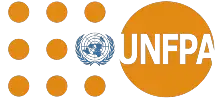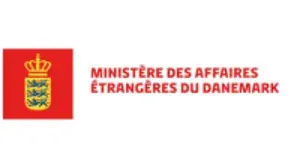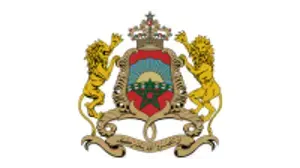The Project ACCESS, which aims to strengthen the empowerment of women and girls in Morocco, is being implemented with the support of UNFPA and the Ministry of Foreign Affairs of Denmark. Launched in 2022 for three years, Project ACCESS is implemented in close collaboration with government institutions and civil society organizations working for women's rights, particularly in sexual and reproductive health, reproductive rights, and gender equality.
The Project ACCESS ensures the continuity of essential services related to sexual and reproductive health and protection against gender-based violence. The project also contributes to enhancing the capacity of women and girls to achieve economic independence. To leave no one behind, the Project ACCESS supports women and girls, particularly the most vulnerable, including survivors of gender-based violence, people with disabilities, and migrant populations.





